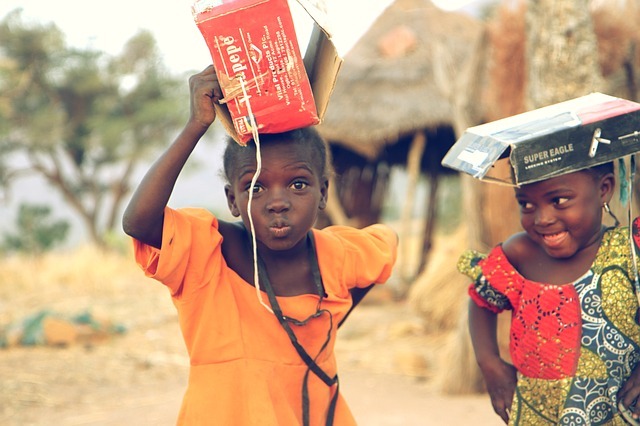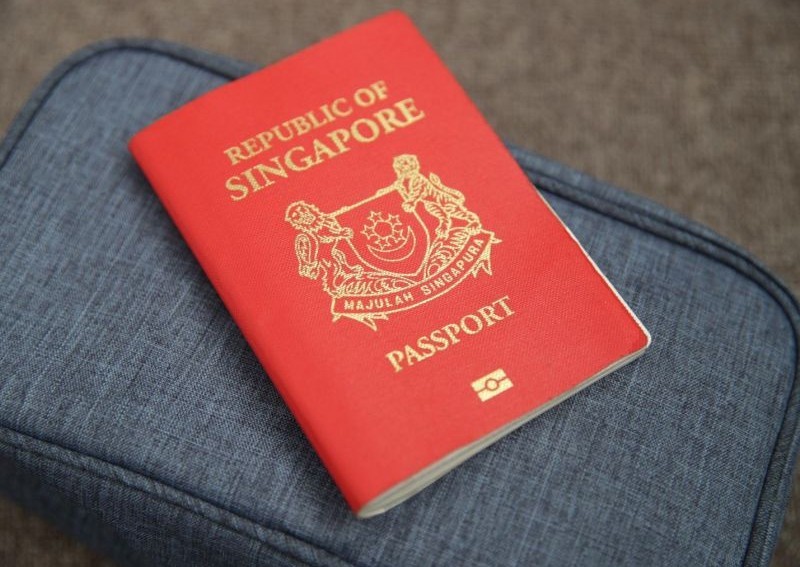Significant funding shortfalls across East and Southern Africa, as well as the Middle East, have forced ration cuts upon some of the world’s most vulnerable people who rely on WFP food to survive.
In East Africa alone, almost three-quarters of refugees have had their rations cut by up to 50 percent. In Southern Africa, refugees in Tanzania who depend entirely on WFP assistance have had their rations cut by almost one-third. Significant funding shortages for the Syria Regional Refugee Response mean 242,000 refugees in Jordan may be cut off from assistance at the end of August unless more funding is received.
“What we may be seeing is the impact of COVID-19 on donor government funding and this is negatively impacting our ability to respond and support some of the world’s most vulnerable people,” said Margot van der Velden, WFP Director of Emergencies. “The lives of the most marginalized people in the world are on the line and we are urging donors not to turn their backs on refugees when they need it most.”
To avoid any cuts in food assistance – either through reduced rations or excluding people from assistance altogether –sufficient funding is needed at least one month ahead of the expected break in the flow of food to the refugee-hosting countries.
The increasing funding gaps intersect with rising food prices and fewer opportunities for refugees to supplement their food assistance as informal economies shrink due to COVID-19 lockdowns.
Meanwhile, the number of people in desperate need is on the rise globally as conflict, disasters and economic meltdowns are driving up levels of hunger. WFP and other humanitarian agencies face brutal choices. In Rwanda, WFP has rolled out targeted food assistance prioritizing those most in need. Despite this, funding is so short that even the most vulnerable still aren’t receiving full rations, which come in the form of cash assistance.
“During COVID-19 lockdown, we couldn’t leave the camp and we couldn’t earn anything as all casual work outside the camp stopped,” said Ange, a refugee from the Democratic Republic of Congo (DRC) living in Rwanda. “The situation got worse when our food ration was reduced. My family started facing a serious food shortage.”
Some of the most underfunded WFP operations are also ones with significant refugee populations requiring support. For example, in Uganda WFP supports more than 1.2 million refugees which is 65 percent of the country operations. A country funding shortfall of more than 80 percent has had significant impacts on refugees who rely on WFP assistance.
As a new WFP report indicates a surge in people teetering on the brink of famine – which has risen from 34 million projected at the beginning of the year to 41 million projected as of June – it’s vital that the world steps forward to support the most vulnerable.
WFP refugee operations impacted by funding shortages:
Chad: New refugee influxes from Sudan and the Central African Republic (CAR) mean WFP may be forced to implement ration cuts and suspend/prioritize activities that will affect vulnerable groups depending on WFP’s support, particularly malnourished children.
Cameroon: WFP may be required to reduce the food rations for the most vulnerable beneficiaries, including 70,000 Nigerian and 100,000 CAR refugees.
Democratic Republic of Congo: In 2021, WFP has supported about 148,000 camp-based refugees in DRC, including the recent influx of about 92,000 refugees from CAR. Since May 2020, WFP DRC has been applying an average of 25% ration cuts to its refugee assistance programme.
East Africa: Funding shortfalls have forced ration cuts for over 3 million refugees of up to 60%. Rations were cut by 50% in South Sudan, 40% in Uganda and Kenya, 23% in Djibouti, 16% in Ethiopia and 8% in Rwanda.
Malawi: Under its refugee response, WFP Malawi rolled out cash-based transfers and kick-started livelihood support activities to enhance self-reliance for refugees. However, funding shortfalls have led to a 25% ration cut since July 2020.
Republic of Congo: WFP provides assistance to more than 20,000 refugees from CAR. Significant shortfalls have meant that food distribution cycles have been irregular.
Syria Refugee Regional: In the five countries where WFP supports Syrian refugees, USD 408 million is required for the next six months.
- In Jordan, at least 21,000 refugees will no longer receive WFP’s food assistance starting 1 July. If no additional funding materializes, WFP will have to cut off an additional 242,000 refugees at the end of August. Around 220,000 extremely vulnerable refugees in camps and communities will continue to receive WFP support through September.
- In Egypt, WFP – through joint targeting with UNHCR – is looking at prioritizing assistance to 110,000 people, reducing the number of beneficiaries by 20,000.
Tanzania: The WFP refugee operation faced significant funding shortfalls leading to ration cuts of up to 32 percent of the minimum calorie requirement since December 2020. Photos available here.

 Billionaire Watch3 weeks ago
Billionaire Watch3 weeks ago
 Startups4 weeks ago
Startups4 weeks ago
 News4 weeks ago
News4 weeks ago
 News4 weeks ago
News4 weeks ago
 Bitcoin4 weeks ago
Bitcoin4 weeks ago
 Naira4 weeks ago
Naira4 weeks ago
 Forex3 weeks ago
Forex3 weeks ago
 Treasury Bills4 weeks ago
Treasury Bills4 weeks ago



























